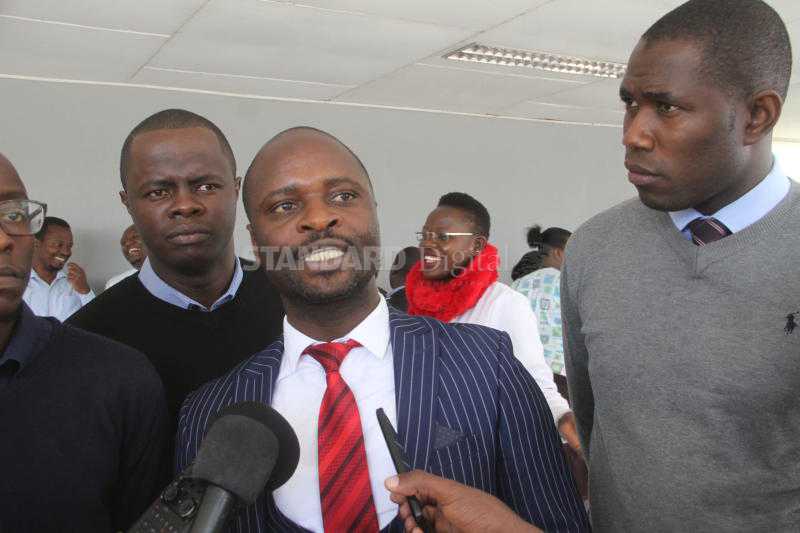
The government of Kenya has announced that they’ll bring in foreign doctors from Cuba “to build capacity” in counties in specialist services. While it’s their constitutional mandate to build capacity in counties, the benefits remain blurry and contentious as the populace, including the health workers who are stakeholders in the sector, do not understand.
Health workers have no problem with importing skills “for greater enjoyment of the right to highest attainable standards of health” as provided for in Article 43(1)(a) of our Constitution but then those skills must be unavailable in the country and the government should have exhibited sincere efforts to ensure the skills are present.